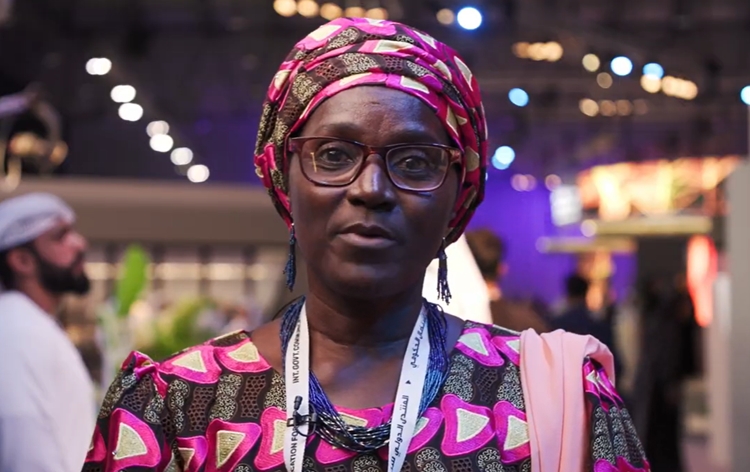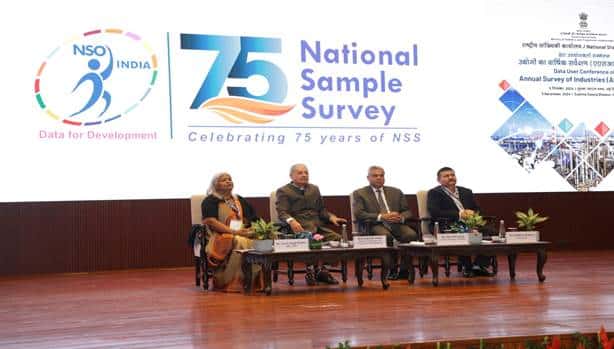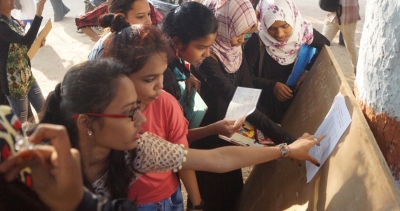Meet Isassou Cessay: The “Queen of Plastic in Africa” Leading the Charge for Environmental Change

Sharjah : Isassou Cessay, the founder and director of Women in the City of Gambia, recently attended the International Government Communication Forum in Sharjah. Known affectionately as the “Queen of Plastic in Africa,” she shared her remarkable journey and her mission to empower women while addressing pressing environmental concerns.
Cessay’s story is one of resilience and determination. Hailing from a polygamous and economically disadvantaged family that migrated from Mali to Gambia, she endured a barrage of derogatory labels due to her family’s refugee status and economic hardships. These early experiences shaped her commitment to uplifting women in similar circumstances. Cessay’s journey began in 1998, when she saw the devastating impact that plastic pollution was having on her village. She started by collecting plastic bags from her neighbors and turning them into mats. She then began to teach other women in her village how to recycle plastic bags and other materials.
Upon founding ‘Women in the City’ of Gambia, Cessay encountered initial resistance from men within her community. They feared that empowering women would diminish their roles as husbands. However, Cessay’s vision was to equip women with financial independence and the ability to contribute to their families’ well-being. This commitment led to her moniker, the “Queen of Plastic,” as she embarked on innovative projects to transform waste into economic opportunities.
Drawing on over 25 years of experience, Cessay identifies poor risk management as a pressing challenge facing Gambia and Africa as a whole. She emphasizes that how people perceive waste matters significantly. Rather than squandering resources, waste can be a valuable asset when managed effectively, both economically and environmentally.Cessay stresses the urgency of taking action on climate change. She underscores that talking alone will not suffice; concrete actions are needed. She calls for involving young people in these efforts, as they are the future stewards of the planet. Cessay also highlights the global responsibility in addressing climate issues, urging collaboration between developed and developing nations.
The global recycling system is at the core of Cessay’s future goals. She envisions every country having a recycling program that educates and engages young people in sustainable practices. Recognizing that companies cannot be prevented from generating plastic waste, she advocates for creating alternatives and solutions to mitigate the environmental impact.









